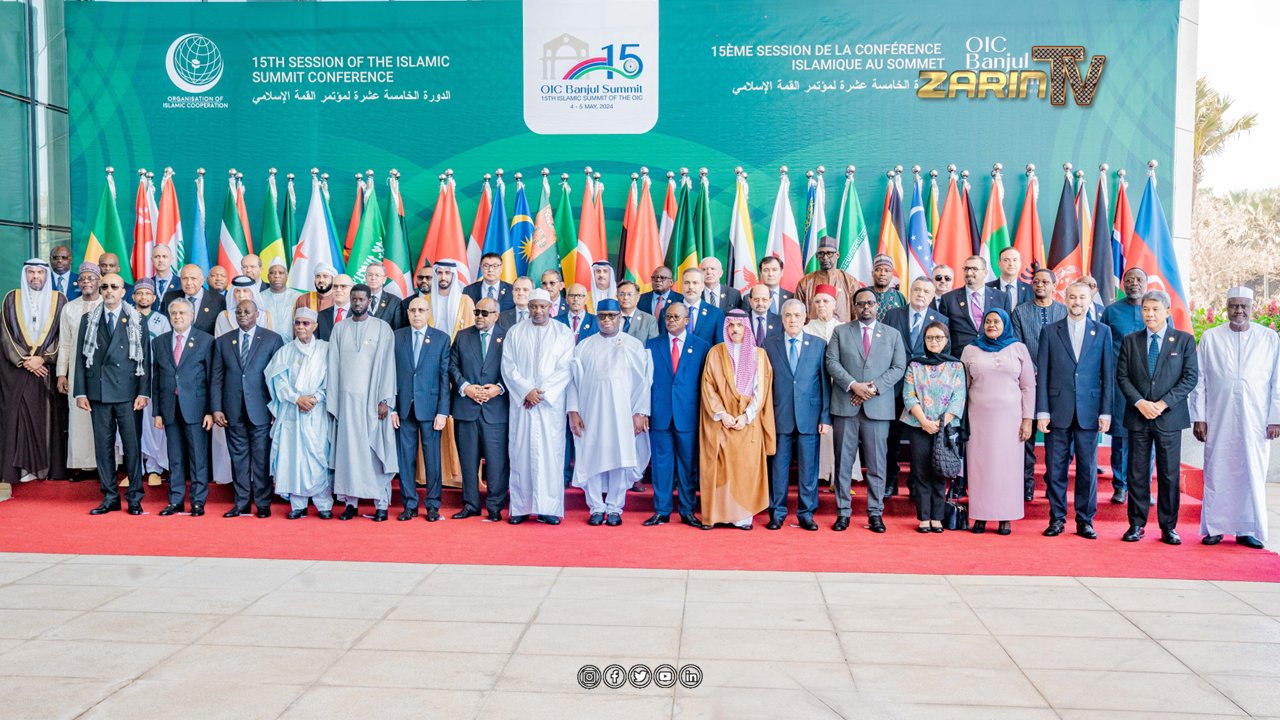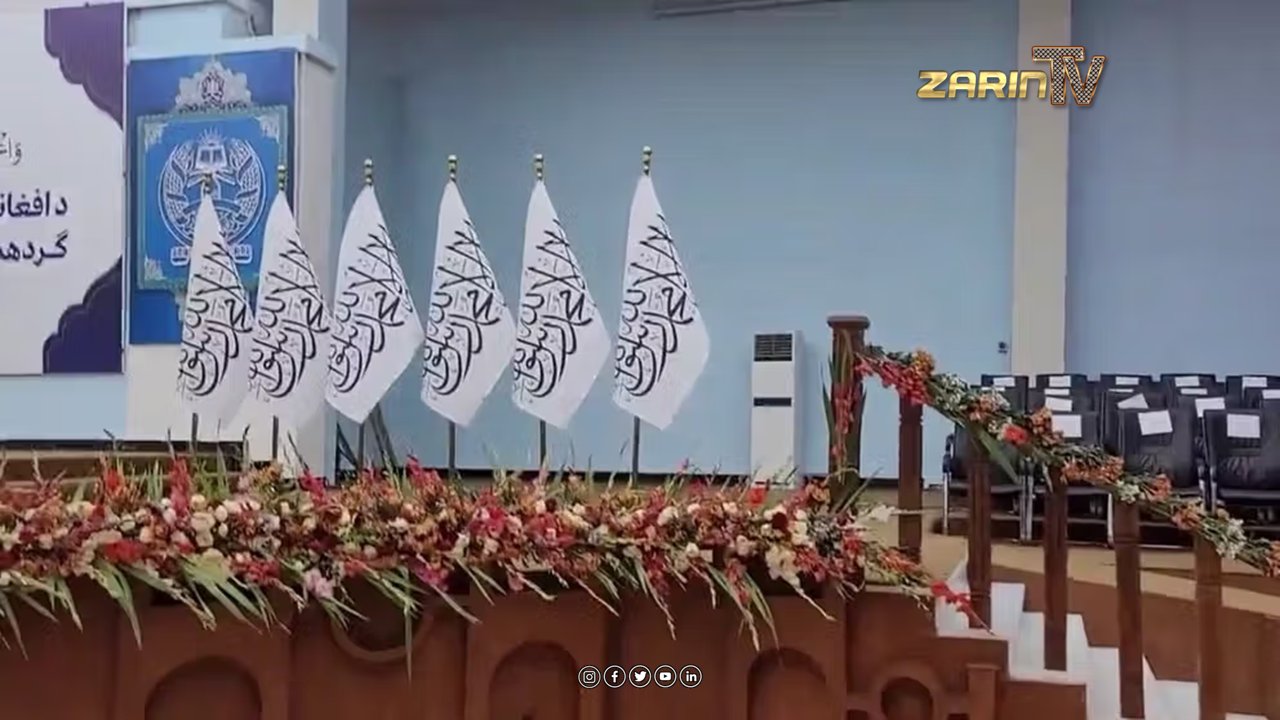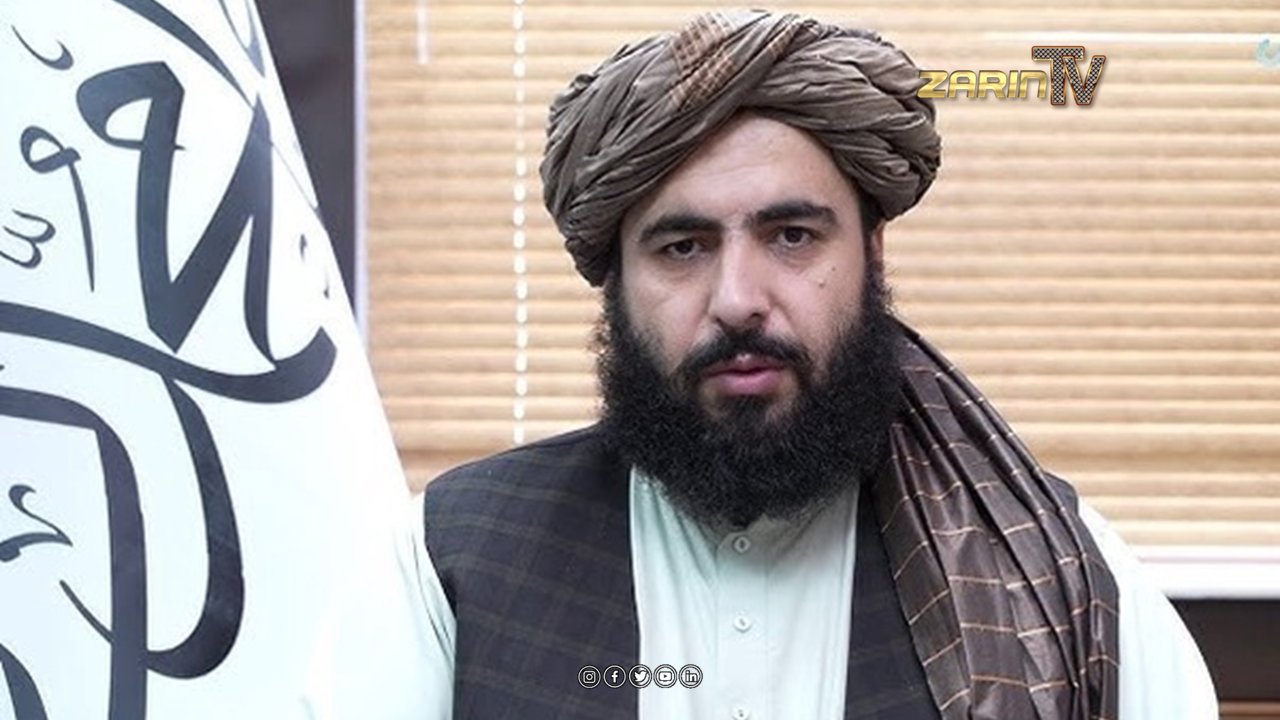Tariq Ali Bakheet, the Special Representative of the OIC Secretary-General for Afghanistan, emphasized the need for constructive, realistic, and gradual engagement with the Taliban during a two-day senior officials meeting of the European Union in Brussels.
He stated that this approach is not based on political legitimization but rather on humanitarian considerations, regional security, and the necessity to alleviate the suffering of the Afghan people.
Bakheet highlighted the organization’s capabilities, including its representative office in Kabul, the role of the Afghanistan Trust Fund at the Islamic Development Bank, and the participation of the Islamic Food Security Organization, reaffirming the institution’s continued commitment to humanitarian and development assistance.
He also pointed to the need to avoid extreme politicization of the Afghanistan issue, stating that a sustainable solution is only possible when dialogue instead of confrontation, and realism instead of maximalist conditions are on the agenda.
Despite this position, civil society organizations and human rights defenders have serious criticisms of this approach.
Critics argue that any formal engagement with the Taliban, if lacking clear red lines regarding women’s rights, civil liberties, and inclusive political participation, could inadvertently contribute to legitimizing a system built on the systematic exclusion of a large portion of society.
The Brussels meeting, which included representatives from the EU, UN, and other international organizations, was held on June 16-17, 2025.






